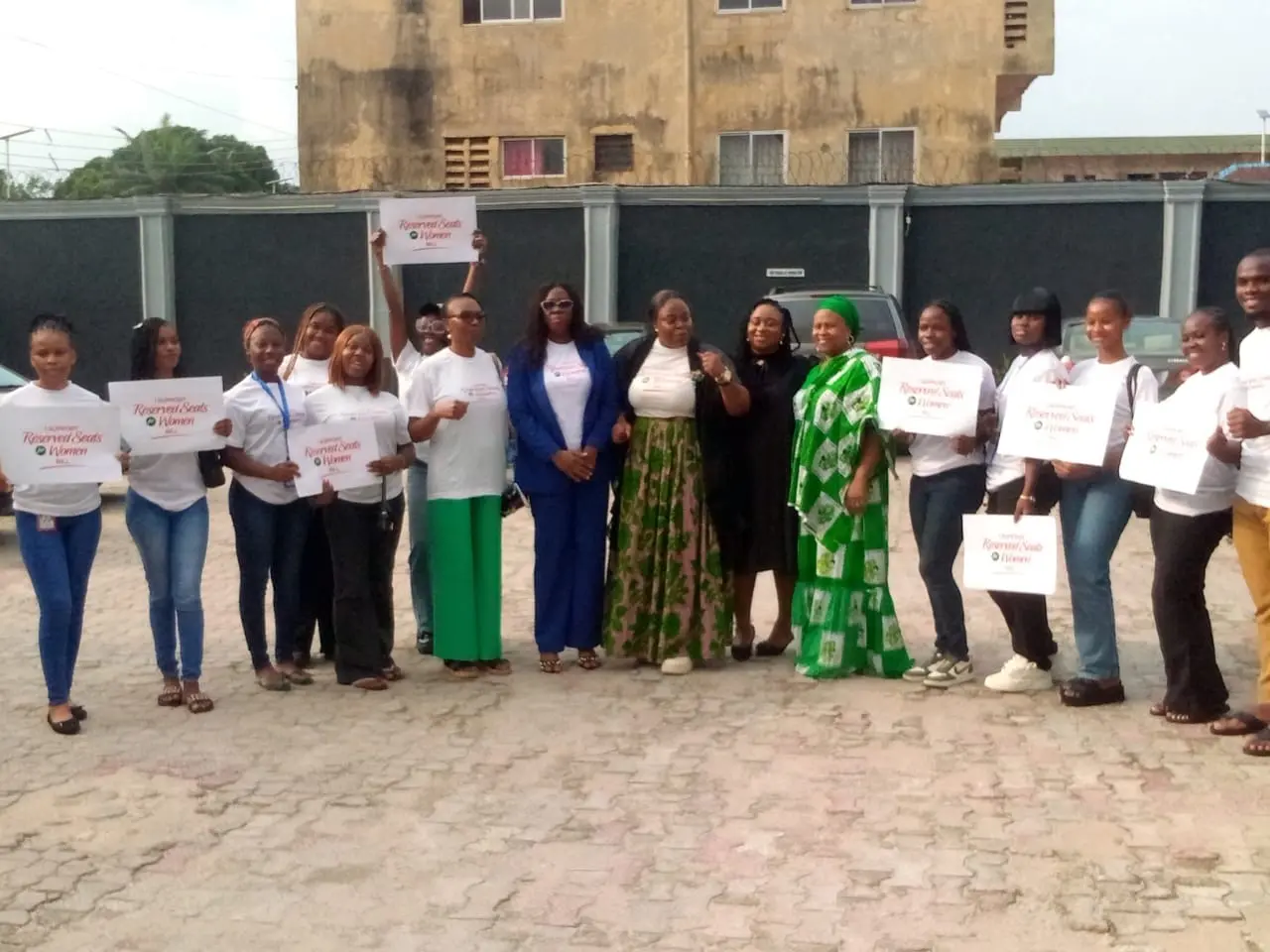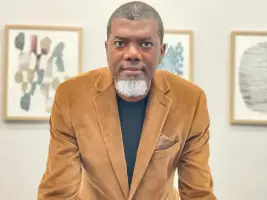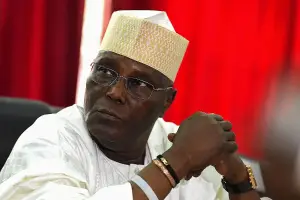The "Reserved Seats for Women Coalition" has called for greater inclusion of women in Nigeria's legislative arm of government during the ongoing public hearing on the review of the 1999 Constitution held in Owerri for Abia and Imo States.
The coalition commended the 10th National Assembly for its efforts in promoting the Reserved Seats for Women Bill, which has already passed first and second readings.
Dr. Adaora Onyechere, Southeast Coordinator of the coalition, alongside Dr. Vivian Dimgba, chairperson, and coordinators from Imo and Abia States, expressed appreciation to Deputy Speaker of the House of Representatives, Benjamin Kalu, for personally sponsoring the bill.
"If the National Assembly did not allow the bill to pass first and second reading, there would not have been any discussion about it," Onyechere stated. "We are saying a big thank you, knowing full well that it will surely see the light of day."
Proposed Reserved Seats Structure
According to Onyechere, the bill seeks to create seats exclusively for women to contest in Nigeria, specifically: one senatorial seat, one House of Representatives seat, and three House of Assembly seats in each of the 36 states.
She clarified that these new seats would not affect existing constituency positions. Instead, elected women would represent their states rather than specific constituencies.
The bill is designed as a temporary measure to run for four election cycles (16 years), after which it would be reviewed to assess its effectiveness before determining whether it should continue.
Current Female Representation Crisis
Onyechere highlighted the current underrepresentation of women in Nigerian politics, describing it as an "ugly situation" where women, despite constituting the majority of the population, hold only about 4% of parliamentary seats.
The current National Assembly includes only four female senators and 14 female House of Representatives members. At the state level, only 14 states have women in their houses of assembly, while 22 states have no female parliamentarians whatsoever.
In the Southeast region specifically, Imo and Abia have no female representatives in their parliaments. Enugu has two, while Ebonyi and Anambra have one each—a situation Onyechere described as "very discouraging."
Other participants at the hearing emphasized the importance of including women in the political process, noting that women are essential drivers of any nation's economy.
Stay updated on this developing story by following BenriNews on our social media platforms: Facebook, Twitter, LinkedIn, WhatsApp, and Telegram.











